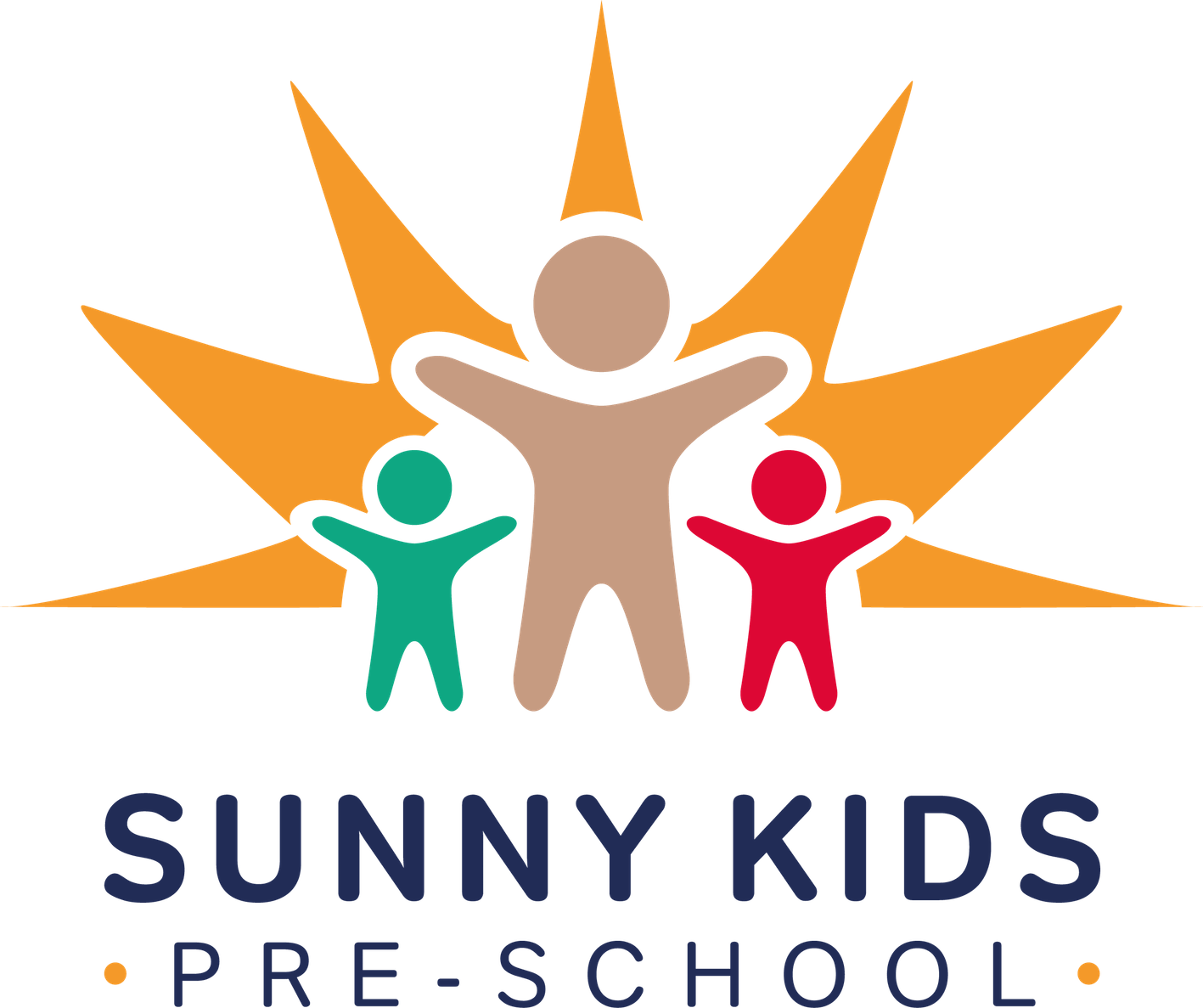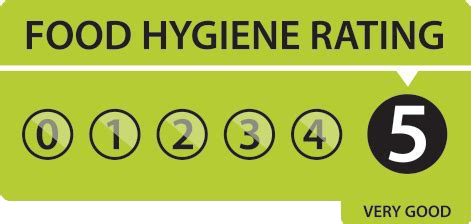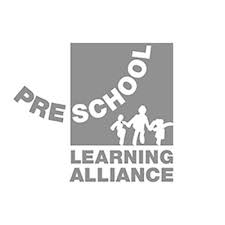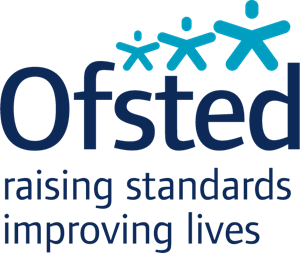About Us
DISCOVERY & WONDER
Learning Through Play
Our pre-schools offer a 'Play based' curriculum, which allows children to be active agents in their own learning. Our free-flow concept allows children to express themselves and develop the confidence to thrive and build a comprehensive understanding of each area of the Early Years Curriculum.
PRIME AREAS
Personal, Social and Emotional Development
Communication & Language
Physical Development
SPECIFIC AREAS
Literacy
Maths
Understanding the World
Expressive Arts
Children learn as they play.
Most importantly, in play children learn how to learn
Fred Donaldson
FOCUSING ON THE IMPORTANCE OF
Healthy Eating
We promote healthy eating, providing nutritious foods at snack time. We talk with the children about different food groups and why we make choices over what we eat.
Allergies and dietary needs are disclosed on the registration form so that we can take this into account but we welcome any information on dietary preferences.
We request that parents providing packed lunches do NOT include sweets or anything containing nuts or nut products.
KEEPING YOUR CHILD SAFE
Safeguarding & Security
At Sunny kids we promise to always provide a safe and secure enabling environment for your child. Children are encouraged to find confidence to explore, play and learn throughout their early years of development and we, at Sunny Kids, will support them through that initial learning journey. Safeguarding your child is imperative and is at the forefront of everyday at our pre-school. We promise to maintain a consistent, happy and safe environment where each individual child can thrive and every parent, carer and family can feel at ease to leave their children in our care.
FUN & DISCOVERY
Holiday Club
We usually operate a holiday club during the first week of Easter and the first four weeks in the summer holidays.
Opening Hours (Term Time Only)
ALL SAINTS (Tel: 07985 344 694)
Monday & Friday - 8am - 12.15pm
Tuesday, Wednesday & Thursday - 9.15am - 3.45pm
THE FIELDS (Tel: 07572 234 024)
THE GROVE (Tel: 07377 625383)
ST ANDREWS (Tel: 07487 889206)
ST MARY'S (Tel: 07534151862)
Monday - Friday
8.30am - 3.45pm
Sunny Kids Pre-School - The Grove
The Emmanual Church Rooms
The Grove
High Street
West Wickham
BR4 9JS
Manager: Karrie Franks Level 3 in EY childcare / Safeguarding Lead
Deputy Manager: Kerry Demelo Level 3 in EY childcare/ SENCO
URN: EY563205
T: 07377 625383
Sunny Kids Pre-School - All Saints
All Saints Church,
44 Bark Hart Road,
Orpington
Kent
BR6 0QD
Manager: Gillian Herschell
URN: 2607562
Sunny Kids Pre-School - The Fields
Corkscrew Hill
West Wickham Playing Fields,
West Wickham
Bromley
BR4 9BA
Manager: Alayna Baker
URN: EY494924
Sunny Kids Pre-School - St Andrews
St Andrews Church
233 Court Road
Mottingham
London
SE9 4TQ
Manager: Hayley Corps
URN:
T: 07487 889206
Sunny Kids Pre-School - St Mary's
61 college road
Bromley north
Br13QG
Manager: Ildiko Kovacs-Peter
URN: EY2725867
T: 07534151862



